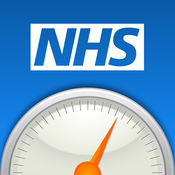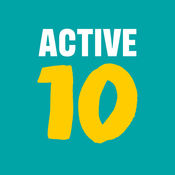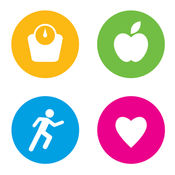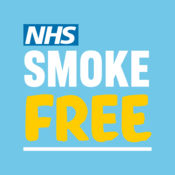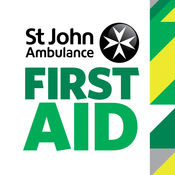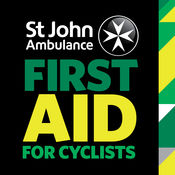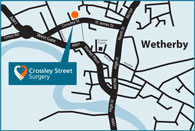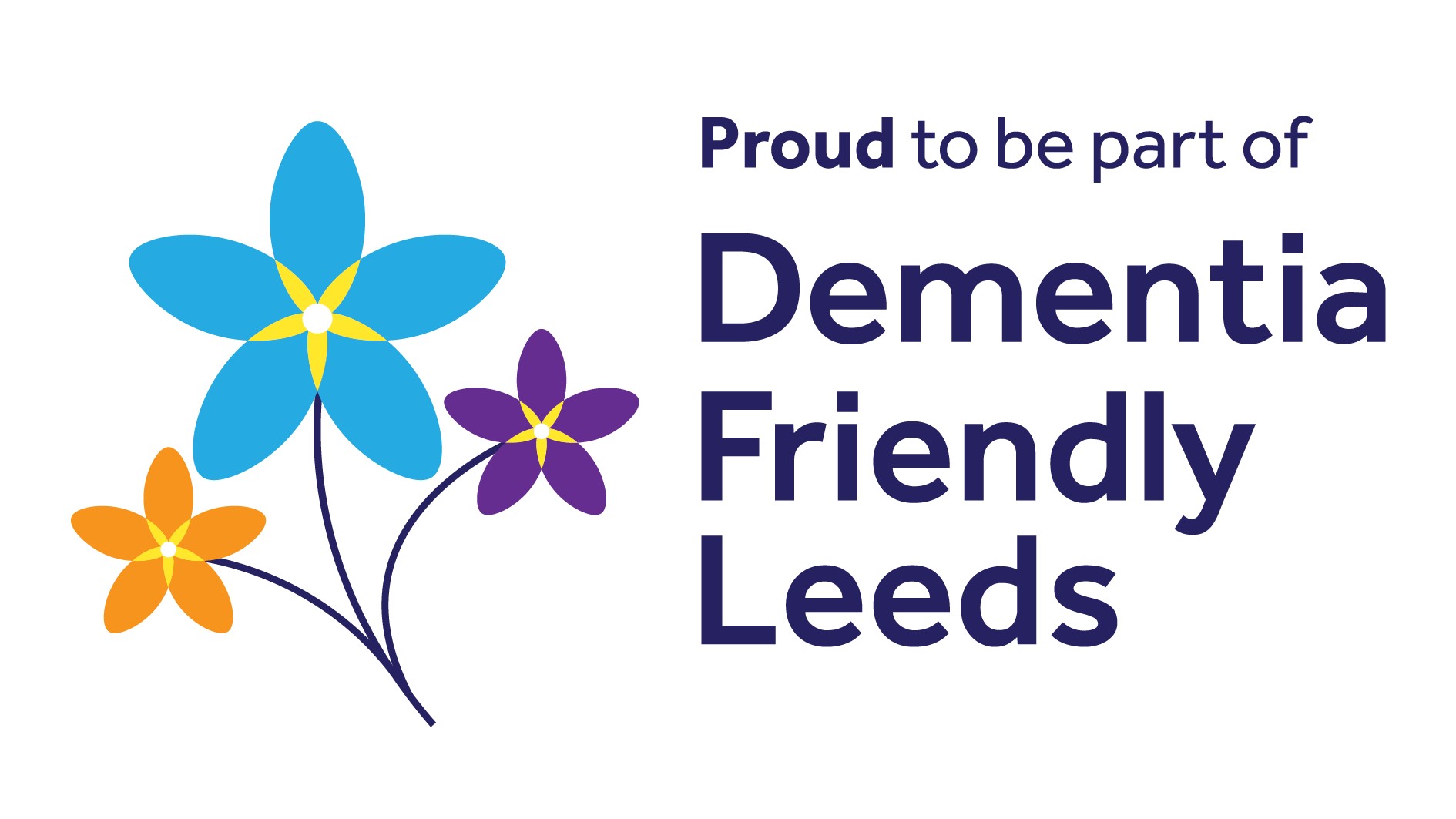If you are feeling unwell, or you have a minor injury that is not an emergency, there are several ways to obtain expert advice and treatment.
You can call 111 (NHS 111), see your local GP, visit a walk-in centre, or go online for more advice. Self-care with the help of your local pharmacy could be your best option. Find out more below.
For accidents and unexpected health problems, call NHS 111. It’s free and is a fast and easy way for people to get the right help, whatever their health needs and whatever the time of day or night.
Callers to NHS 111 are put through to a team of highly-skilled call advisers, who are supported by experienced nurses. They use a clinical assessment system and ask questions to assess callers’ needs and determine the most appropriate course of action.
If you have a common illness or injury, such as a bad cold, flu or upset stomach, then you can treat your condition at home.
A big part of your recovery from these minor ailments is to rest and drink plenty of fluids. For minor cuts and grazes, cleaning the wound under clean running water and covering with a plaster or gauze and tape, will help prevent infection.
Plan ahead by stocking up on healthcare essentials such as paracetamol or aspirin, indigestion remedies and plasters. You will find these at your local pharmacy.
How can you self-care?
Self-care is about having the knowledge and confidence you need to take better care when you have common ailments such as sore throats, coughs, etc. and also encourage healthy behaviour which will benefit you in the long term. It’s important for those with long term conditions to learn how to take control of their own health to avoid complications in the future.
The four most commons ways that you can self-care are:
- Having a well-stocked medicine cabinet
A well-stocked medicine cabinet can be used treat most minor ailments. A medicine cabinet should include:
- Paracetamol and aspirin, and equivalent syrups (such as Calpol) for children
- Mild laxatives to relieve constipation
- Re-hydration mixtures for diarrhoea or vomiting
- Indigestion remedy
- Travel sickness tablets
- Tweezers and sharp scissors to remove splinters or cut bandages
- Thermometer to check for fever
- Range of bandages, plasters (various sizes), non-absorbent cotton wool, elastic bandages and dressings
- Antiseptic to clean cuts before they’re dressed (bandaged) and most can treat a range of conditions including insect stings, ulcers and pimples.
- Choosing the right NHS service
Your local pharmacy can provide expert, confidential advice and treatment. Best of all, there is no need for an appointment and they will be able to help you by:
- Offer advice on treating minor ailments and injuries
- Give advice on medication and whether you need to see your GP
- Help you manage certain long-term conditions
- Dispense medicine when you give them your prescription
- Dispense repeat prescriptions without the need to visit your GP
- Give sexual health and contraception advice
Remember A&E should only be used for life threatening illnesses or injuries. Before you consider going to A&E why not call NHS 111 who can give you the advice and support you need.
- Activity
Being more active is not only great for your general health but also your mental health too. It’s not about running a marathon but instead walking more or using the stairs instead of a lift. It’s said that we’re not getting enough exercise as we need but how much is enough and how do you get more active?
- Adults needs to be active for at least 150 minutes each week
- Kids aged five to 16 need to be active for at least 60 minutes each day
- Kids under five need three hours of activity a day
- Healthy lifestyle
It’s never too late to switch to a healthier lifestyle and children who learn healthy habits at a young age will benefit from them throughout their life.
The most commons ways to improve your health is:
Please visit your GP surgery if you’re injured, unwell or have an ongoing problem that cannot be treated at home, or if you need advice on managing long-term conditions.
If it’s outside normal opening times you can ring your GP, or call NHS 111, to access the out-of-hours service. If you have not registered with a doctor, call NHS 111 for expert advice on what to do next.


